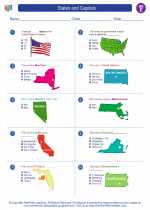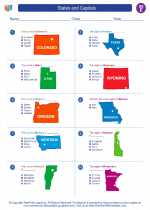Impartiality
Impartiality is the quality of being fair and just, without showing bias or favoritism towards any particular person, group, or idea. It involves making decisions and judgments based on objective criteria rather than personal feelings or preferences.
Why is Impartiality Important?
Impartiality is important in various aspects of life, including:
- Justice system: Impartiality ensures that all individuals are treated fairly and equally under the law.
- Media and journalism: Impartial reporting allows for the dissemination of unbiased information to the public.
- Conflict resolution: Impartiality is crucial in resolving disputes and reaching mutually acceptable solutions.
- Education: Teachers and educators must demonstrate impartiality in their interactions with students and in their evaluation of academic performance.
How to Practice Impartiality
Here are some ways to practice impartiality:
- Examine biases: Acknowledge personal biases and work towards overcoming them to make fair and impartial decisions.
- Consider multiple perspectives: When making judgments or decisions, consider the viewpoints of all parties involved without favoring one over the others.
- Use objective criteria: Base decisions on objective criteria and evidence rather than personal opinions or emotions.
- Be open-minded: Approach situations with an open mind and a willingness to consider all relevant information before forming an opinion.
Impartiality in Historical Context
Throughout history, the concept of impartiality has played a significant role in various events, such as:
- The establishment of fair and impartial legal systems
- The pursuit of equality and civil rights movements
- The promotion of unbiased media reporting during significant historical events
Study Guide Questions
- What is impartiality, and why is it important in society?
- How can personal biases impact impartial decision-making?
- Give examples of impartiality in different areas of life, such as the justice system, media, and education.
- Explain the historical significance of impartiality in promoting fairness and equality.
◂Social Studies Worksheets and Study Guides Fifth Grade. States and Capitals
Study Guide States and Capitals
States and Capitals  Worksheet/Answer key
Worksheet/Answer key States and Capitals
States and Capitals  Worksheet/Answer key
Worksheet/Answer key States and Capitals
States and Capitals  Worksheet/Answer key
Worksheet/Answer key States and Capitals
States and Capitals 

 Worksheet/Answer key
Worksheet/Answer key
 Worksheet/Answer key
Worksheet/Answer key
 Worksheet/Answer key
Worksheet/Answer key

The resources above cover the following skills:
Geography: A student should be able to utilize, analyze, and explain information about the human and physical features of places and regions. A student who meets the content standard should:
Understand that a region is a distinct area defined by one or more cultural or physical features.